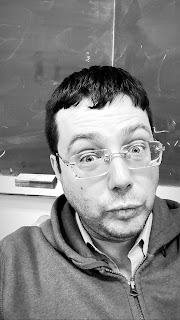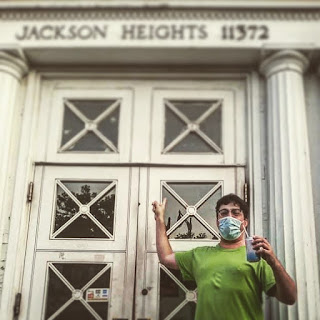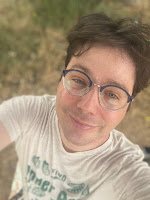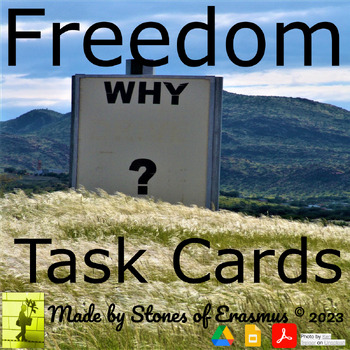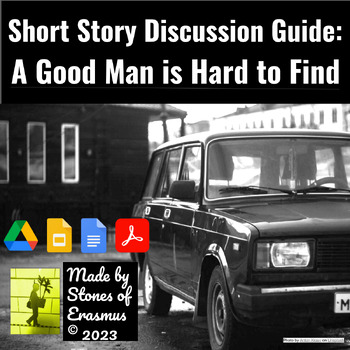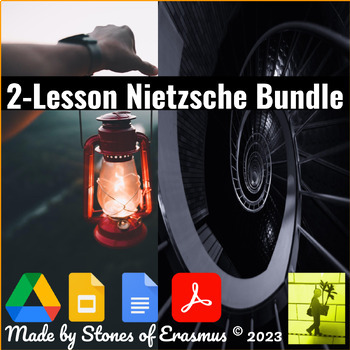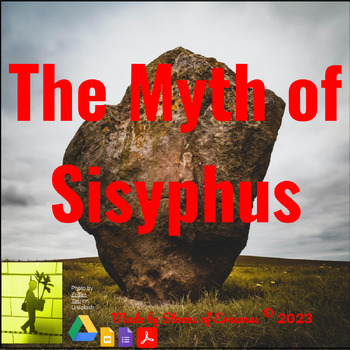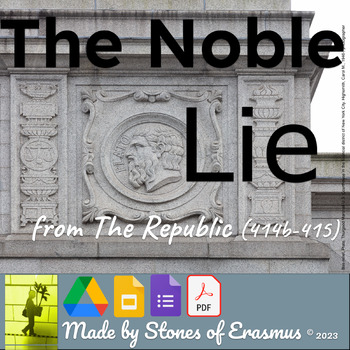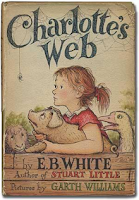Thinking back on who I was as a teen reader puts into focus why adolescents need to develop steady habits of reading.
Taking A Course at Hunter College Encouraged Me To Think About the Adolescent Reader
During the Summer of Covid-19, I was planning to go to Chicago to learn about maps. But my plan was foiled, and I have been home this Summer like most of us. So. Never to sit idle for long, I enrolled in an Education class at Hunter College. Taking Adolescent Literacy, the professor has us plunging into the myriad forms of reading that we can have our students read, dissect, decode, translate, and take to sustaining levels of engagement. I love the course. It had me thinking of myself as a teen reader. So — I took a walk down memory lane, and I tried to envision who I was as a teen who read.My Adolescent Experience in Literacy Began With An Ugly Divorce
My earliest memory as an adolescent reader stems from the transition I went to from Sixth to Seventh Grade. At that age, I was going through the expected change from a kid to a tween, and I had just gone through my parents' ugly divorce. In Fifth and Sixth grades, my academics had suffered, and I had achieved low scores in Math. I perceived myself as an average student even though I had read The Chronicles of Narnia series by C.S. Lewis. I had devoured stories, such as Hans Christian Anderson's "The Tinder Box," which I would listen to in concert with the audio on a Fisher-Price record player. It played 45 records, and you could check them out from the library.Reading instruction in middle and junior high school was based on reading comprehension and discussion of the book. But I would often read the entire book by myself and not pay attention to the homework and sometimes do poorly on the end-of-the-reading exam. We read Tuck Everlasting, My Brother Sam is Dead, The Witch of Blackbird Pond, Hatchet, and Mrs. Frisby and The Rats of N.I.M.H. — books I liked but I wanted to get through them so I could read other books! So when the exam came, I often forgot vital details about the "class book" because I was not in sync with the rest of the class.
Adventures in Junior High School in South Louisiana
Growing up gay, it was through reading novels that I discovered in the library that I learned that people like me existed. For example, Gore Vidal's The City and the Pillar was a thin volume I found in the library's fiction section. It's about a young gay man coming to terms with his sexuality in the 1950s and 60s. Even books that are not explicitly about being gay rang true for me nevertheless, as in Letters to a Young Poet by Rainer Maria Rilke, Fade by Robert Cormier, and Selected Poems by Walt Whitman. That began a lifelong fascination with L.G.B.T.Q.+ Fiction and with reading as a means of self-reflection and a catalyst for personal growth — a practice I still continue to this day. One of my favorite books is Aristotle and Dante Discover the Secrets of the Universe by Benjamin Alire Sáenz.
Challenging Me To Read a Non-American, Non-European Author Was an Illuminating Experience for a Fourteen-Year-Old
 |
On Christmas Day Mom Made |
I am lucky that I had excellent English teachers in high school that encouraged discussion about books. We were prompted to make connections to what we were reading. When we read Shakespeare's A Midsummer Night's Dream, our teacher did an outstanding job of zooming out and said to us, "Okay. Don't get tripped up by the language. Well, this is a story about entering the woods, and the woods is a place of chaos, and the characters come out changed." As a teenager, I could relate to the theme of radical metamorphosis. At the end of the unit, we watched Stephen Sondheim and James Lapine's Pulitzer-award-winning musical Into the Woods. And later compared the text to Shakespeare — which turned out to be a beautiful text-to-text connection that I now use in my classroom.
As Adolescent Reader There Was a Disconnect Between "Reading for Pleasure" and "Reading to Succeed"
In Junior year, I did poorly on the standardized pre-tests in reading for the ACT., and SAT. While my classmates had taken test prep classes in the Summer, I was not prepared for the questions. My parents did not realize that I needed intervention because I was always doing something academic or doing my homework — and I made Bs and As consistently. In my parents' eyes, I was doing what I was supposed to do. I graduated from high school in 1998 with a G.P.A. just shy of a 3.5 by one-tenth of a point. I got into a small liberal arts college that focused more on writing and personality than test scores. But I sometimes wish that if I had been pushed harder in high school, my life would have turned out differently.Who I Was As a Teen Reader Predicted Who I Became as an Adult
A Picture of the Author as |

